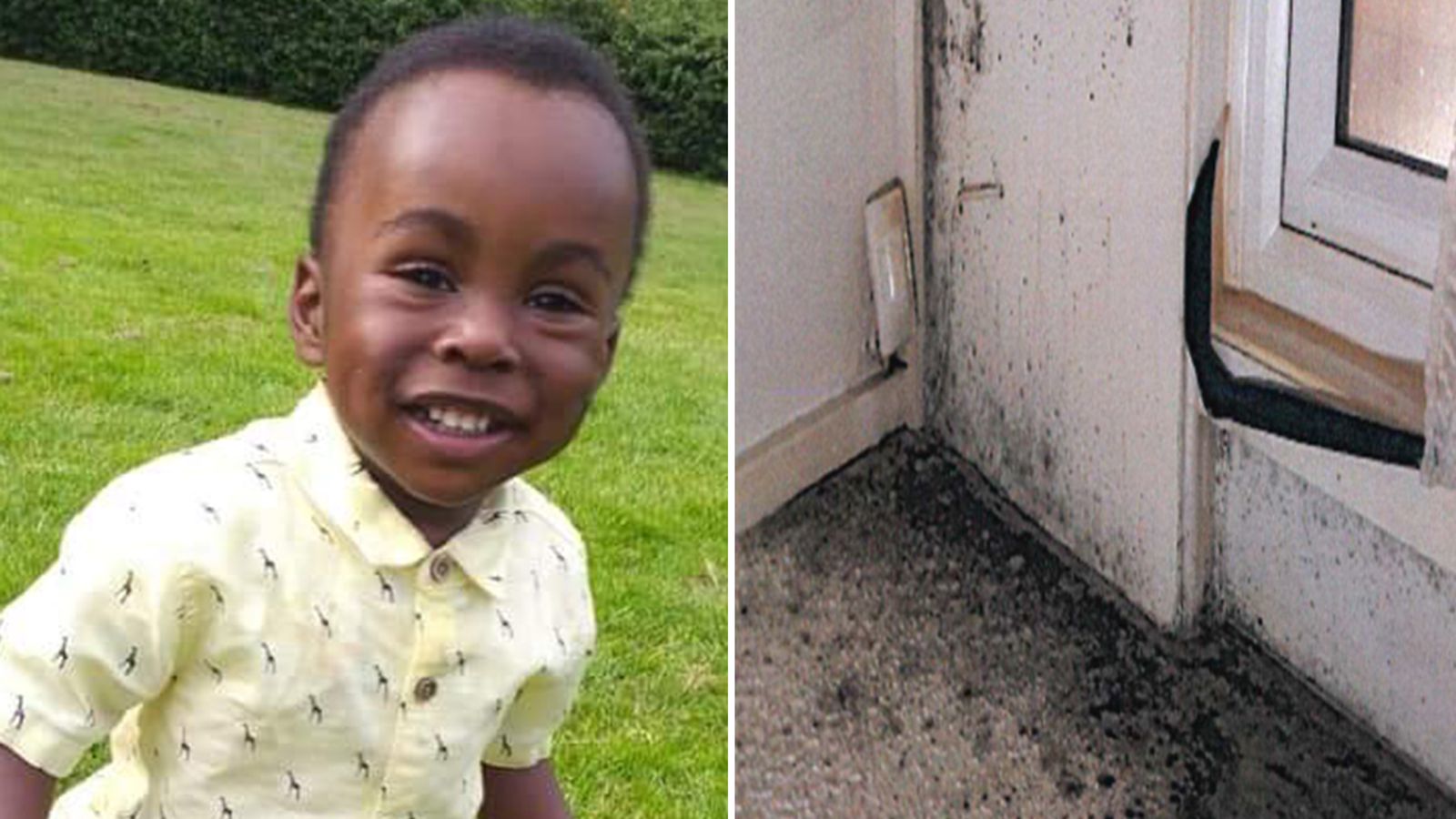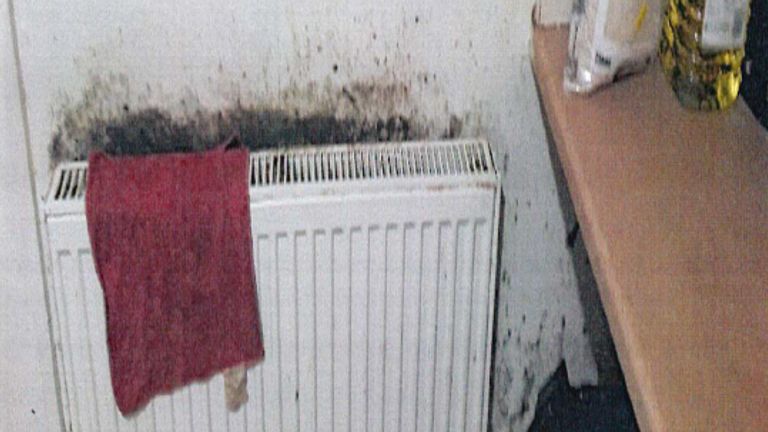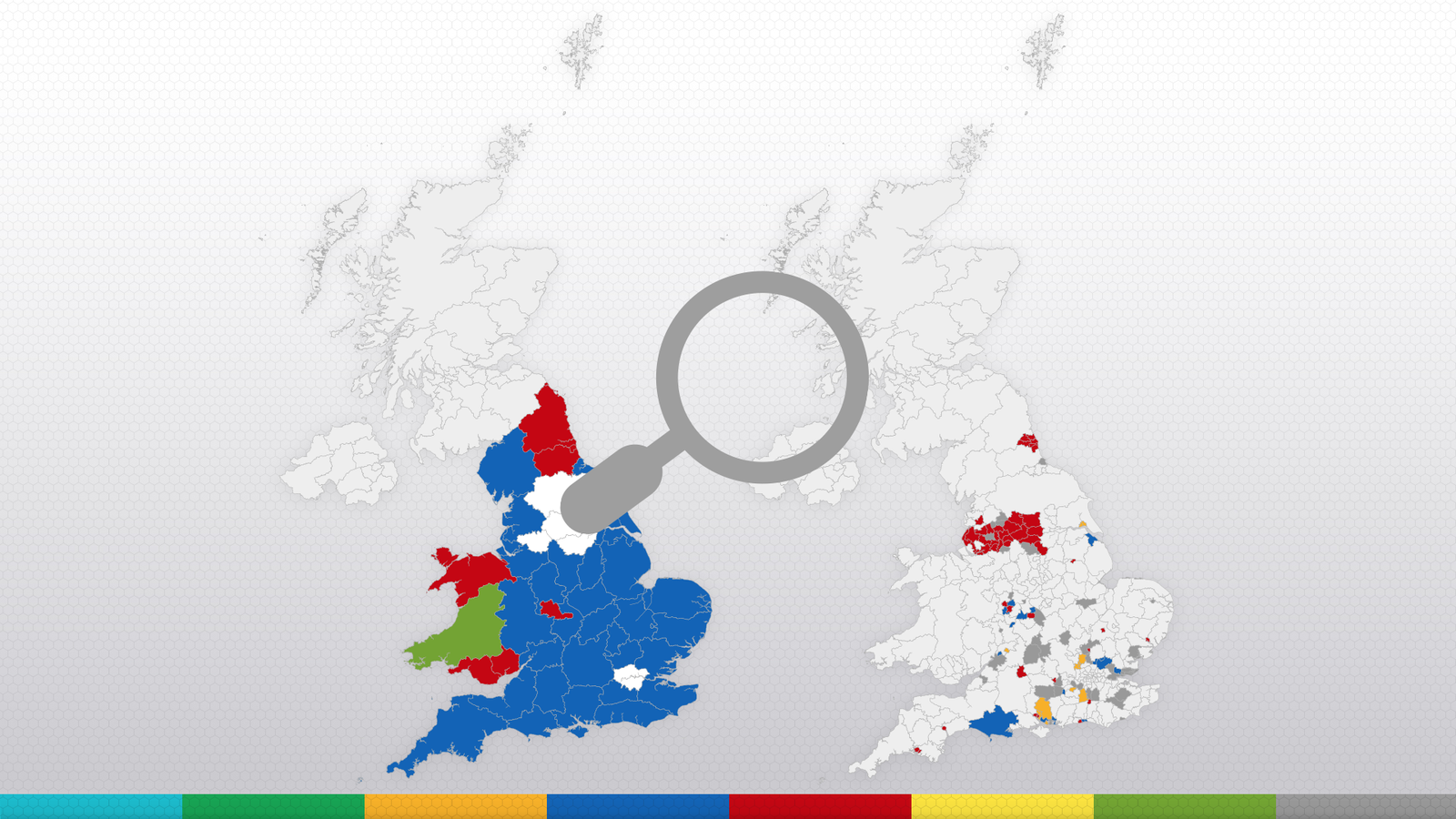
The death of two-year-old Awaab Ishak should be a “catalyst for change in housing standards” and a “wakeup call to the government”, politicians have said.
MPs are demanding action after an inquest found the little boy died from a respiratory condition caused by exposure to mould in his family’s flat.
Speaking in the Commons, shadow housing secretary Lisa Nandy said the tragedy should mark a “real step change” in improving social housing stock.
“It should also be a defining moment for us and a wake-up call that every single person in this house who has – in whatever limited form and to whatever extent – the power and the platform to make sure that this never, ever happens again,” she said.
“It should not take the death of a two-year-old boy in completely avoidable circumstances to get us to get together and act.”
Politics live: Dominic Raab says tomato throwing incident ‘never happened’
Awaab died shortly after his second birthday in December 2020.
At an inquest on Tuesday, coroner Joanne Kearsley found that he “died as a result of a severe respiratory condition caused due to prolonged exposure to mould in his home environment” and “action to treat and prevent the mould was not taken”.
Awaab’s father repeatedly raised the issue with Rochdale Boroughwide Housing (RBH), who owned the property in Greater Manchester.
The family, originally from Sudan, have accused the housing association of racism, saying they have “no doubt at all” they were “treated in this way because we are not from this country”.
Read more: Estate still riddled with mould two years on
Ms Nandy warned the issues Awaab’s family faced are wide-spread, telling MPs: “Our in-boxes and constituency surgeries are absolutely overflowing in every part of the country with people who are in this position who’ve sounded the alarm over and over and over again, and just simply been rendered invisible by decision-makers who do not respond.”
She asked Michael Gove, the housing secretary, what steps his department is going to take, adding: “There is a systemic issue of housing unfit for human habitation in both the social and private rented sector.
“Too many families in overcrowded, damp, mouldy, squalid conditions and disproportionately likely to be BAME families in poverty.”
‘Wake-up call for the government’
Earlier on Wednesday, the Labour frontbencher wrote to Mr Gove urging him to immediately introduce a new decent homes standard, saying that the government’s failure to set a timetable for doing this was “now beyond unacceptable”.
She said Awaab’s death should be “a wake-up call for the government” and also called for an investigation into the treatment of refugees in the housing system, as well as the role that racism may have played in the treatment of Awaab and his family.
In the Commons, Mr Gove admitted there are at least 2.3 million social homes that fail the decent homes standard “and that there are more homes proportionately in the private rented sector than the social rented sector that fail”.
The decent homes standard has been setting the standards that social homes are required to meet since the early 2000s and is currently under review.
Mr Gove said he hoped that new regulations in response to the consultation could be brought forward “as early as possible… in the beginning of the new year”.
Gove vows to ‘name and shame’ landlords
He also said his department would “name and shame” landlords who had breached consumer standards.
“At the moment… the system has been too reliant on people fighting their own corner and we are determined to change that. So, the reforms that we’re making will help to relieve the burden on tenants with an emboldened and more powerful regulator,” he said.
While Mr Gove has acknowledged the “funding challenges” faced by local authorities who provide social housing, he has said this is “no excuse” for Awaab’s death.
On Tuesday, the housing secretary said it “beggars belief” the chief executive of RBH, Gareth Swarbrick, is still in his “£150,000-plus” a year job – and has summoned him to his department for a meeting.
Mr Gove said he has spoken briefly to the chief executive earlier this afternoon and “in the course of that conversation it became even more clear to me that there are systemic problems in the governance and leadership of that organisation”.
‘Dramatic increase in damp and mould cases’
Mr Swarbick, the chief executive of RBH, said he is “truly devastated about Awaab’s death and the things we got wrong”.
At the inquest, the corner asked: “How in the UK in 2020 does a two-year-old child die as a result of exposure to mould?”
But according to the Housing Ombudsman, Awaab’s death comes amid a “dramatic increase” in cases of damp and mould.
Speaking to Radio 4’s Today programme on Wednesday, housing ombudsman Richard Blakeway said: “This is an appalling, heart-breaking case but, sadly, the kind of failures that we saw here, whilst they may not have as tragic a consequence, they often happen and they often cause deep distress, profound distress to residents.”
Andy Burnham, the mayor of Greater Manchester, said Awaab’s death “must become a powerful catalyst for change in housing standards in all sectors”.
Mr Burnham said he “has been calling for some time for new powers to improve housing standards” across the city region and that he has put forward proposals to tackle poor quality housing as part of the Trailblazer devolution discussions with the government.
Awaab’s constituency MP, Labour’s Sir Tony Lloyd, said the little boy’s death was “preventable and unforgivable” and asked about “classifying mould as a category one hazard because that would be an important step in protection”.
Conservative MP Chris Clarkson called for a “root and branch” investigation into RBH, while Conservative MP Bob Blackman said there must be a “sea change” in how tenants’ complaints about mould are dealt with.













